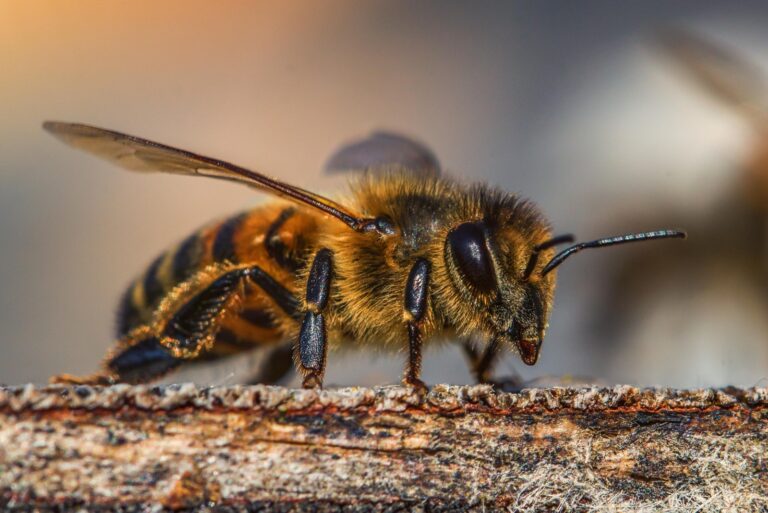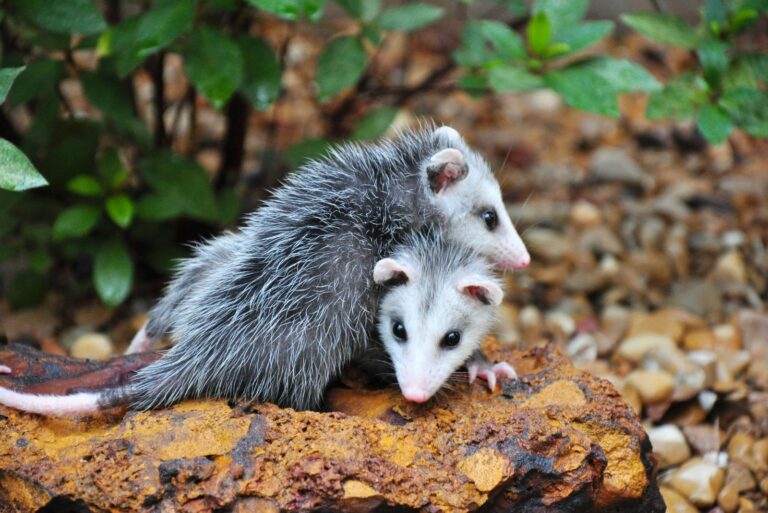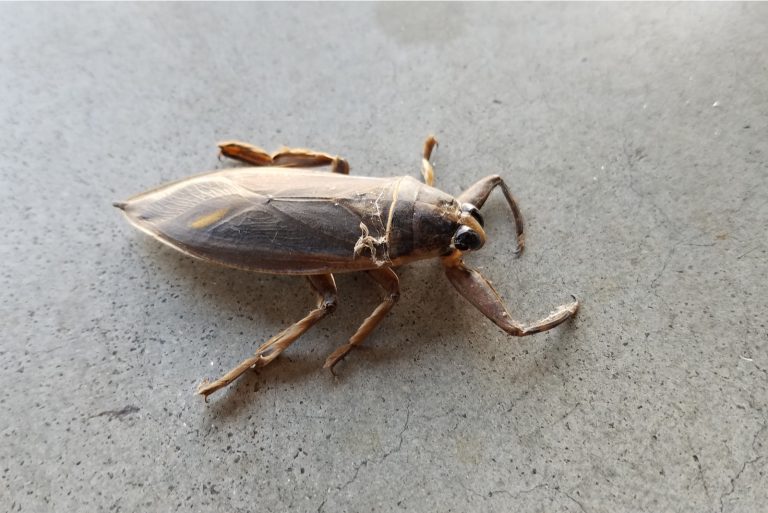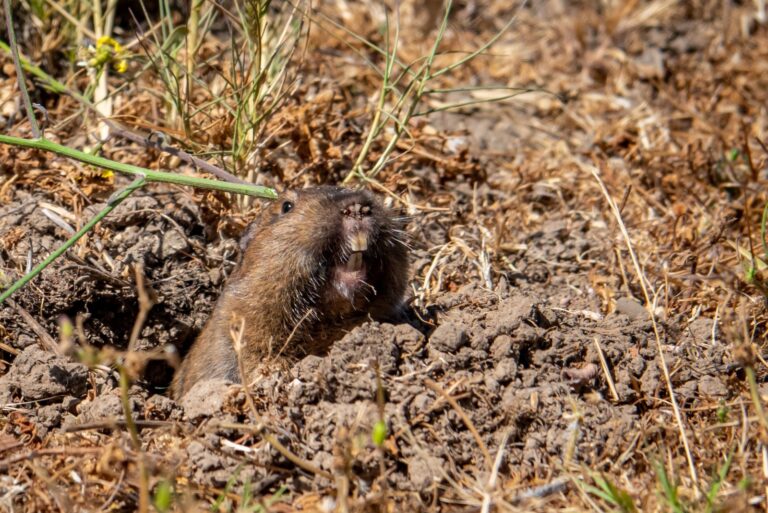8 Things To Do If You See A Bald-Faced Hornet Nest In Your Pennsylvania Yard
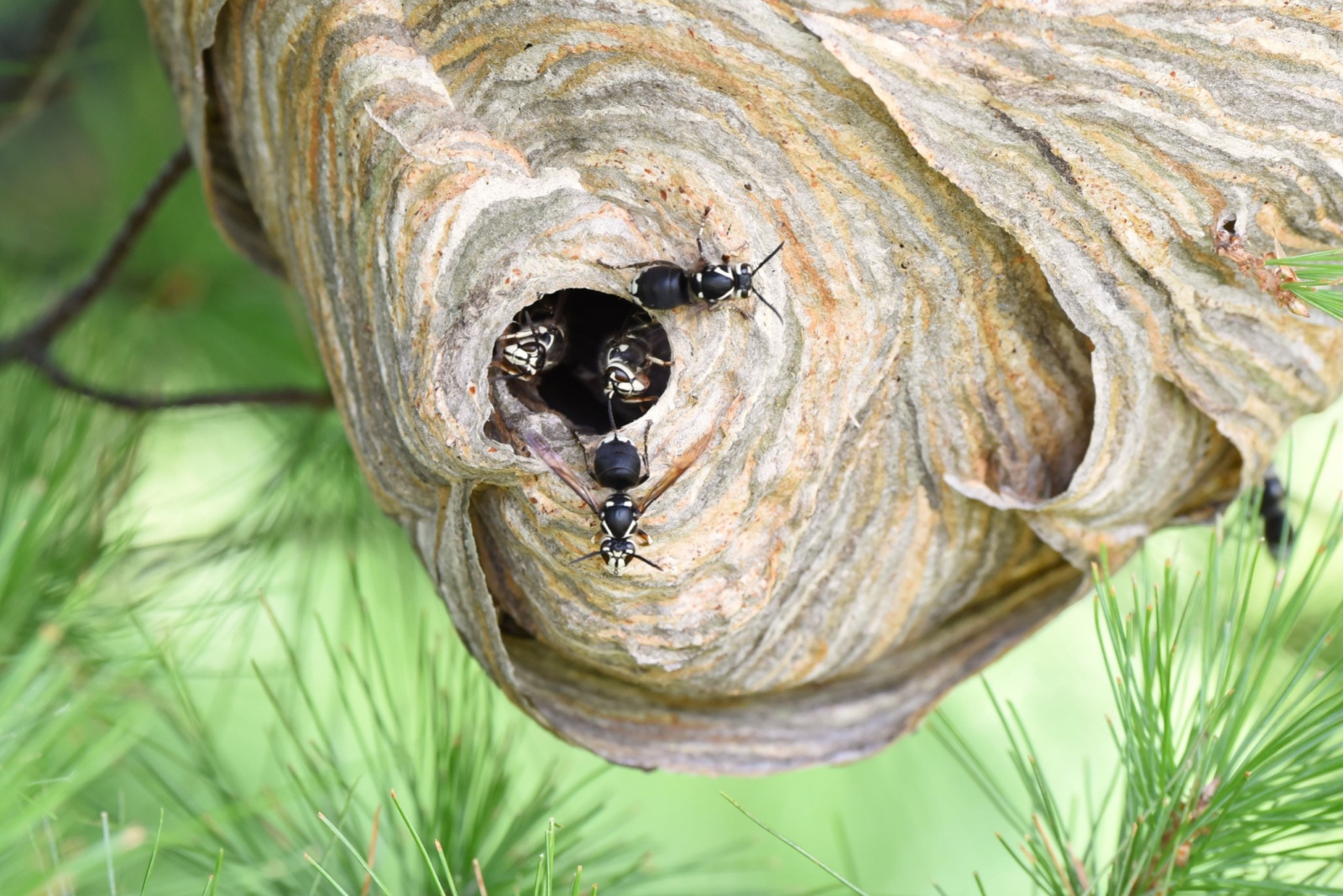
Finding a bald-faced hornet nest in your Pennsylvania yard can be scary. These black and white insects build large, papery nests that hang from trees or structures and can become aggressive if they feel threatened.
Knowing how to safely respond can protect you and your family from painful stings while respecting these beneficial but territorial insects.
1. Stay Calm And Keep Your Distance
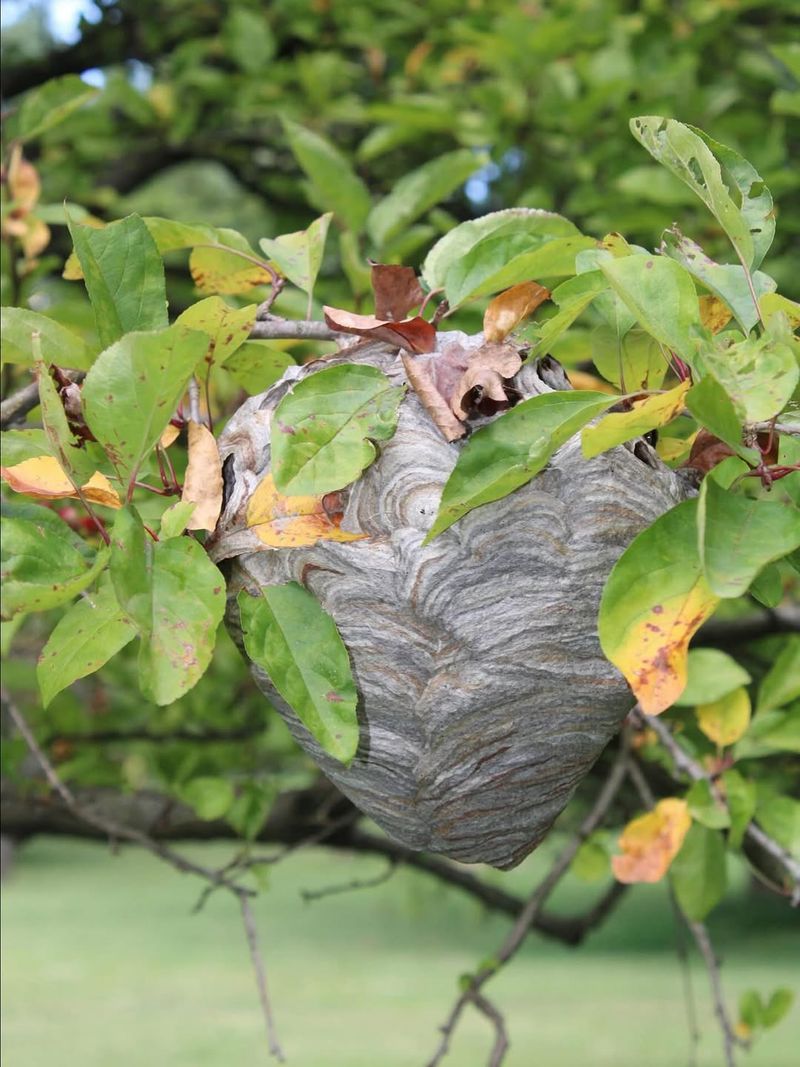
Spotting that papery gray nest might trigger your fight-or-flight response, but resist the urge to panic or swat at any hornets flying nearby. Bald-faced hornets can sense your fear through rapid movements and breathing.
Maintain at least 10 feet of distance between yourself and the nest. These territorial insects typically won’t bother you unless they feel their home is under attack.
2. Mark The Area To Prevent Accidents
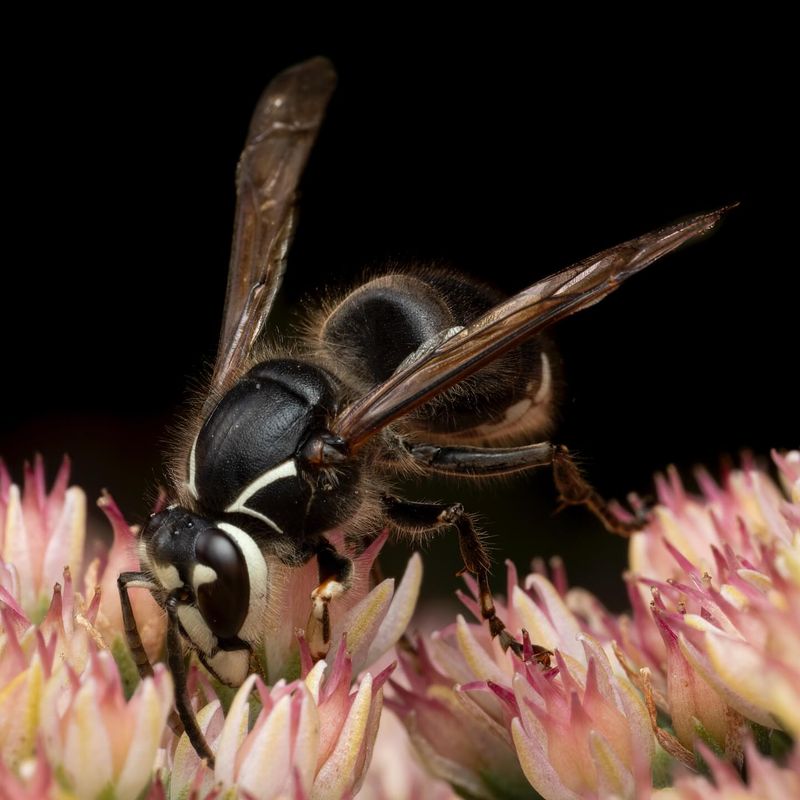
Once you’ve located the nest, use bright caution tape or signs to create a safety zone. This visual warning helps prevent family members, neighbors, or service workers from accidentally disturbing the hornets.
For extra protection, place markers several feet away from the actual nest location. A simple “CAUTION: HORNET NEST” sign can prevent painful encounters and keep everyone safe until proper action can be taken.
3. Assess If Removal Is Truly Necessary
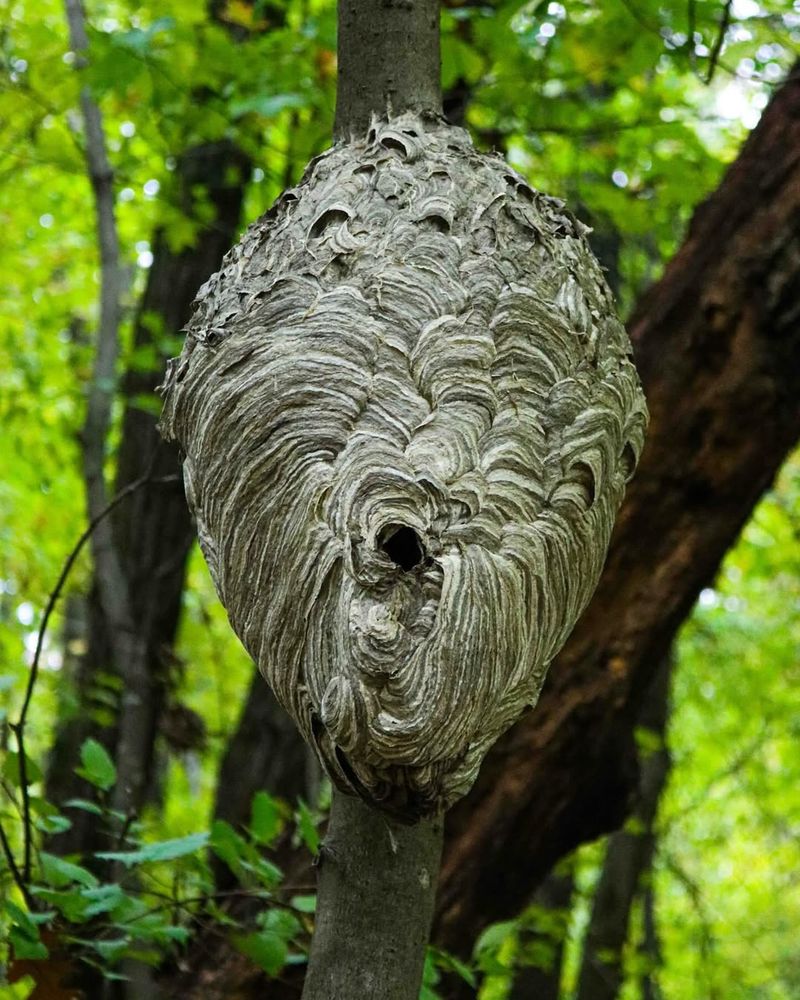
Before taking action, consider whether the nest actually poses a risk. Nests high in trees away from regular activity zones might be best left alone. Bald-faced hornets actually benefit gardens by controlling pest populations!
If the nest isn’t near doorways, play areas, or heavily trafficked parts of your yard, peaceful coexistence might be possible. Remember that these colonies naturally die off after the first hard frost in Pennsylvania’s climate.
4. Contact Professional Pest Control
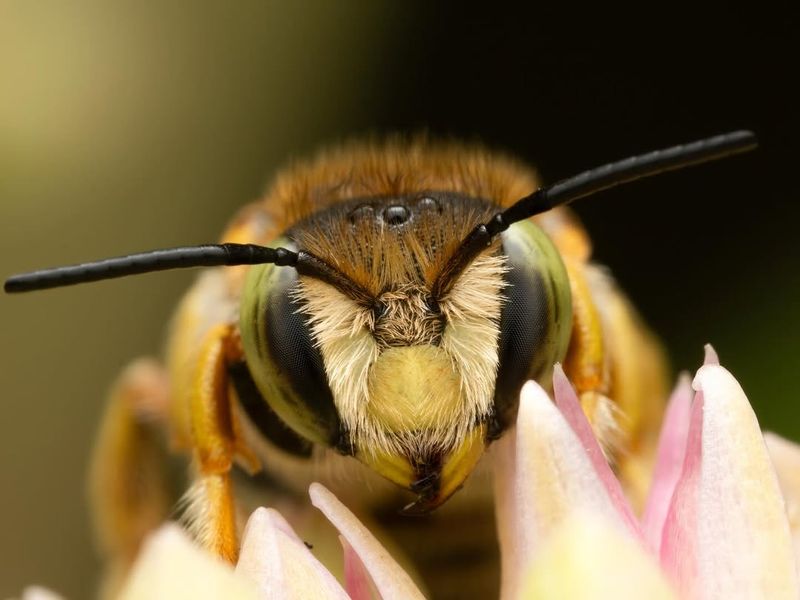
Calling in the experts is usually the safest approach for nest removal. Professional exterminators have protective gear, specialized equipment, and experience handling aggressive insects without incident.
Look specifically for Pennsylvania pest control companies that advertise hornet or wasp removal services. Many offer free estimates and can assess the situation safely. The cost typically ranges from $100-300 depending on nest size and location.
5. Never Attempt DIY Removal During Daytime
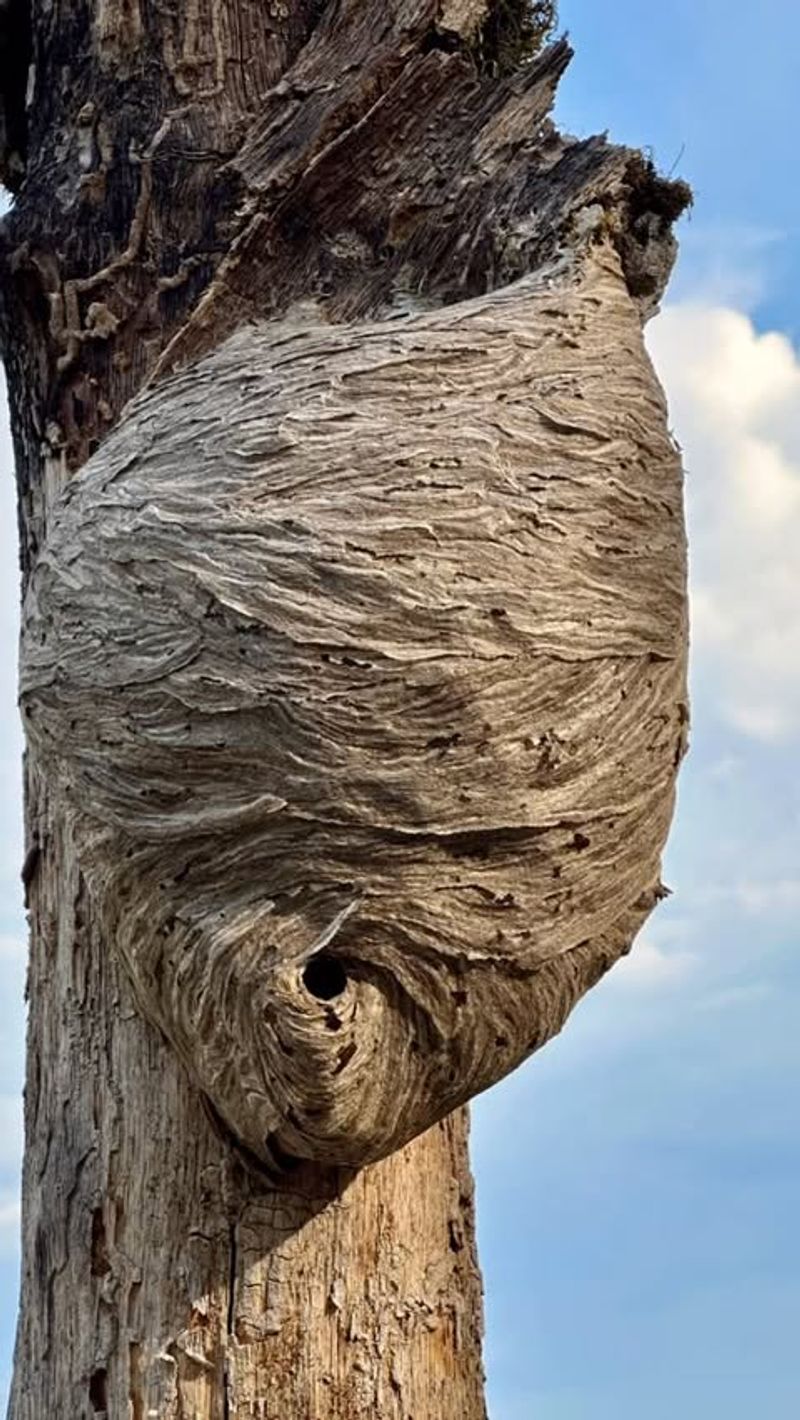
Daytime removal attempts are extremely dangerous! Bald-faced hornets are most active and aggressive when the sun is up, with the full colony ready to defend their home.
If you absolutely must handle removal yourself, wait until after dark when temperatures drop below 50°F. Most hornets return to the nest at night and become sluggish in cooler temperatures, reducing your risk of multiple painful stings.
6. Prepare Proper Protective Equipment
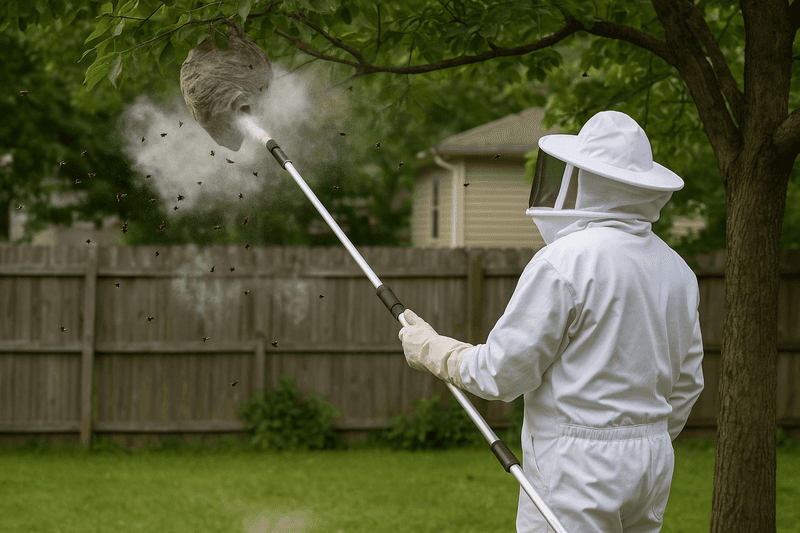
Never approach a hornet nest without full-body protection! At minimum, you’ll need a bee suit or thick clothing with no gaps, heavy gloves, boots, and a veiled hat that completely covers your face and neck.
Create layers by wearing multiple shirts, pants, and socks to prevent stingers from reaching your skin. Those brave enough for DIY removal should also have quick escape routes planned and a first aid kit ready for emergency use.
7. Know Qhen To Seek Medical Attention

Bald-faced hornet stings pack a powerful punch – they’re more painful than honeybee stings and contain venom that can cause severe reactions. Normal reactions include sharp pain, redness and swelling lasting up to 24 hours.
Seek immediate medical help if you experience difficulty breathing, swelling of the face or throat, dizziness, or rapid heartbeat after being stung. Pennsylvania residents with known insect allergies should keep emergency epinephrine nearby during hornet season.
8. Prevent Future Nests Through Habitat Modification
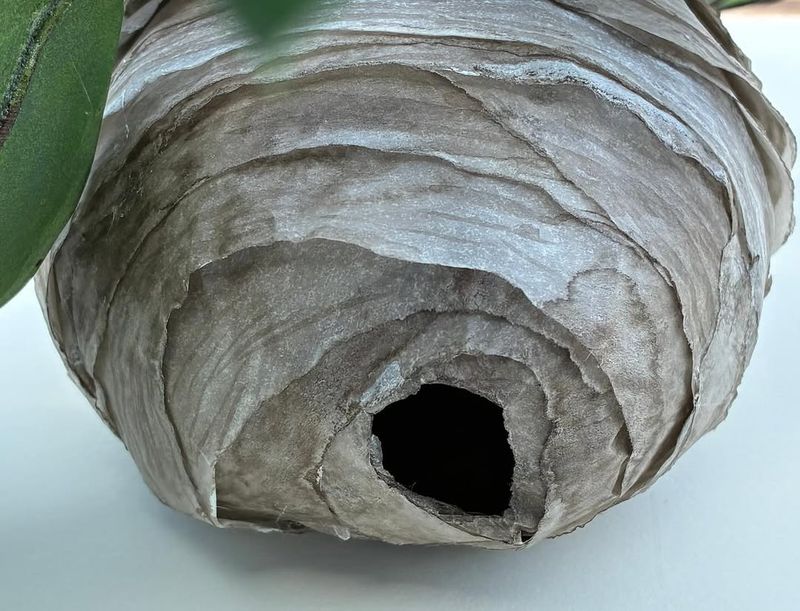
After addressing your current nest situation, take steps to make your Pennsylvania property less attractive to future hornet queens. Seal holes in buildings, repair damaged siding, and cap open pipes or posts where queens might start building.
Reducing outdoor food sources helps too. Keep trash cans tightly sealed, clean up fallen fruit promptly, and cover outdoor eating areas. Consider installing fake hornet nests in spring, as these territorial insects avoid building near perceived competitors.

